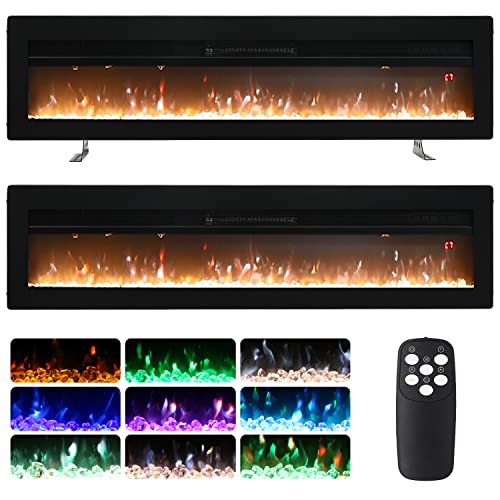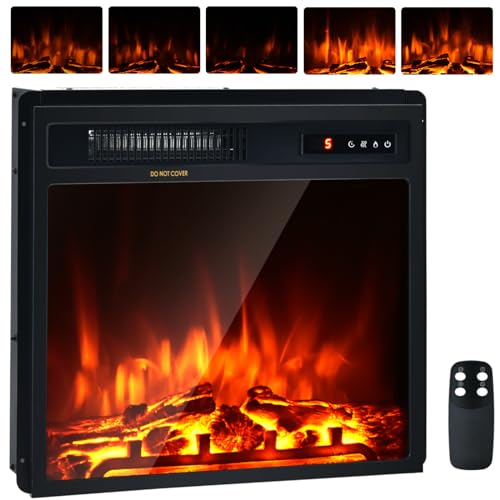9 Lessons Your Parents Taught You About Wood Burning Stove For Shed
Alyssa
0
7
01.07 22:01
 Installing a Wood Burning Stove For a Shed
Installing a Wood Burning Stove For a Shed indoor wood burner burning stoves for sheds are a fantastic option for gardeners looking to bring a touch of comfort to their retreat. Any DEFRA-approved shed log burner has to be placed in a smoke control zone and the flue pipe should be adequately shielded.
indoor wood burner burning stoves for sheds are a fantastic option for gardeners looking to bring a touch of comfort to their retreat. Any DEFRA-approved shed log burner has to be placed in a smoke control zone and the flue pipe should be adequately shielded.It is also necessary to install non-combustible surfaces on the walls that are adjacent to and behind the stove for fire safety reasons.
Size
Wood burning stoves for sheds can be great additions to. They not only provide efficient heating, but also add a rustic look to the space, creating warmth and atmosphere. But, before deciding on a stove for your shed or other off grid residences such as a shepherd hut or yurt, or an earthship, container home it's important to take into account the regulations and safety rules.
When buying a log stove for a shed, log cabin or other outdoor space, the size is a crucial factor to consider. While it may be tempting to buy larger stoves than the space actually required for, this could frequently result in a loss of performance, or even overheating. To avoid this, we recommend using our KW Calculator tool to figure the estimated output needed for your space and then adding a few additional KW to ensure.
There are a variety of small log burners that are perfect for log cabins and sheds. Charnwood Country 4 is a fantastic example. It features a stunning design inspired by the countryside and would fit any shed or log cabin. It also has a power output of up to 4800 watts. This model is Ecodesign-ready which means it burns efficiently and produces less air pollution. It also has a huge view window and a multifuel grates, which means you can burn both smokeless and wood fuel.
Another option is another option is the Saltfire Peanut stove range, which comes in a variety of colours and boasts an impressive heat output of up to 4.7kW. This model requires a bit more space from combustibles, which is 500mm on the sides and back, but this can be reduced to 100mm with shielding. It offers a wide viewing area and is an ideal choice for any log cabin or shed.
Depending on the dimensions and design of your shed, you may need to fit non-combustible materials around the stove and flue pipe to ensure compliance with local safety standards. This is especially important if your shed is constructed of any type of wood heater stove, which should be kept at least 200mm away from the stove to prevent fires. If your shed was constructed using a different material, you must consult a professional installer so that the appropriate insulation measures are in place.
Installation
A shed wood burner is a fantastic way to make your garden warm and cozy during the winter months. If you are planning to add a wood stove to your shed, make sure it's installed correctly. This will shield your shed from fire damage, and also ensure that the stove is in compliance with the building regulations and safety standards. In addition, to ensure that the area around the stove is free of combustible substances It is essential to ensure that the shed is equipped with adequate ventilation. If the ventilation is not adequate the shed could be dangerous due to a build-up of carbon monoxide.
Installing a shed wood burner begins by measuring the space in which you'd like to put it in. Make sure to consider the size of the stove and any other equipment you need. Follow the guidelines of the manufacturer for the safe distance away from flammable materials. You'll also need to consider the insulation levels of the shed, as they could affect the amount of heat generated by the stove.
After you have measured the space, mark out the location you plan to make the opening in the shed wall. Use a plumb line to ensure the positions right and ensure that you leave a sufficient clearance between the back of the stove and the wall, as well as between the sides of the shed and the chimney stack. You will also need to install a heat shield that protects the shed wall from the heat generated by the stove. It is included in the kit and connects up with the hearth plate.
You will also have to make sure that your shed has an open hearth constructed of non-combustible materials, such as granite, slate or concrete. The hearth should be a minimum of 12mm thick, and it must be at least 225mm wide at the front and 150mm on both sides and at the rear. The flue pipe should be shielded and the distance from combustible surfaces must not exceed 200mm.
After putting in the hearth and stove, you need to wait at least 24 hours before lighting it up for the first time. This is so that the mortar and sealants will be cured properly.
Ventilation
A wood stove requires oxygen in order to burn. Without airflow, it can result in a non-burning flame or even carbon monoxide. A vent will ensure that the flow of air continues around the stove while it is in use and prevents carbon monoxide from building up and aiding in circulation of air. Vents should be the same size or bigger than the chimney/flue, and should be positioned as close to the stove as possible.
There are a number of regulations you must follow, particularly with regards to ventilation, when installing wood-burning stoves in the shed. If you do not comply with these regulations, you could end up being fined. To avoid this, hire an HETAS registered installer to perform your installation and provide you with a certificate of conformity.
You must also adhere to the Building Regulation Approved Document PartJ which governs the installation of flues and chimneys. This includes the distance that the flue pipe can be away from combustible surfaces like ceilings and walls. The stove and flue should be protected from fire damage through either heat shielding or an insulative panel.
It is recommended to install an insulated board in the hearth of the shed and also in the front of the outlet for the flue. This will stop the flue gasses from being drawn through the walls that are not insulated and causing fire damage.
You can also shield your home from dampness by positioning it away from potential sources of water. This includes leaky windows or doors, as well as any locations where rainwater may be able to drip onto the stove or chimney pipe.
A dehumidifier also helps to reduce the amount of moisture present in the air, creating an atmosphere that is more pleasant. It can also help prevent mould and fungus from growing on the surfaces in your shed, which could impact the performance of the stove and cause damage.
The type of fuel you burn on your log burner can have an impact on its performance too. Do not burn treated off-cuts, ply wood, or particle boards. These materials can release harmful chemicals that can damage the stove or flue system and cause excessive emissions. They can also cause dangerously high temperatures and high temperatures in flue gas. Also, never burn rubbish such as tyres or paper These are harmful for the environment and can clog up your stove.
Safety
Although it is possible to install a wood-burning stove in the shed, it is important to follow the correct installation guidelines and take the appropriate safety precautions. This includes making sure that your shed is in compliance with the requirements to install a log burner and that your chimney is in good condition. In addition, it's a good idea to ensure that you have the correct fire insurance in place.
When you are looking for a shed to install a wood Burning stove For shed stove, the first thing you need to be aware of is the material used in its construction. Some sheds, particularly those with a corrugated metal roof, may not be suitable for installation of log burners due to fire safety issues. It is also important to note that the use of timber as a building material could be prohibited for this type of application by planning regulations, so make sure you check with your local authorities before you start work.
Then, you'll need ensure that your shed has adequate ventilation. Without this the combustion process will not be as efficient and could create an health risk due to carbon monoxide accumulation. A lack of ventilation could cause condensation and damp problems in the shed.
Make certain that your shed isn't too close to the staircase. This can cause heated air to rise, and then lose heat. Also, your shed should not be too far away from a window as this could also cause drafts that can cause woodburning stoves to perform functions such as the open windows detection system.
Lastly, it's important to examine the shed roof to ensure it's waterproof and properly sealed in the areas where the flue pipe flows through. It is recommended that you hire a professional roofer to do the work so that it is completed to a high standard and in compliance with building regulations and fire codes. You should also keep a class A fire extinguisher in the shed to be able to respond quickly to any smoke or fire issues. It is recommended to check your shed at least every year to check for signs of wear or damage that requires to be repaired. Also, have the chimney and flue swept regularly to prevent creosote from accumulating.









